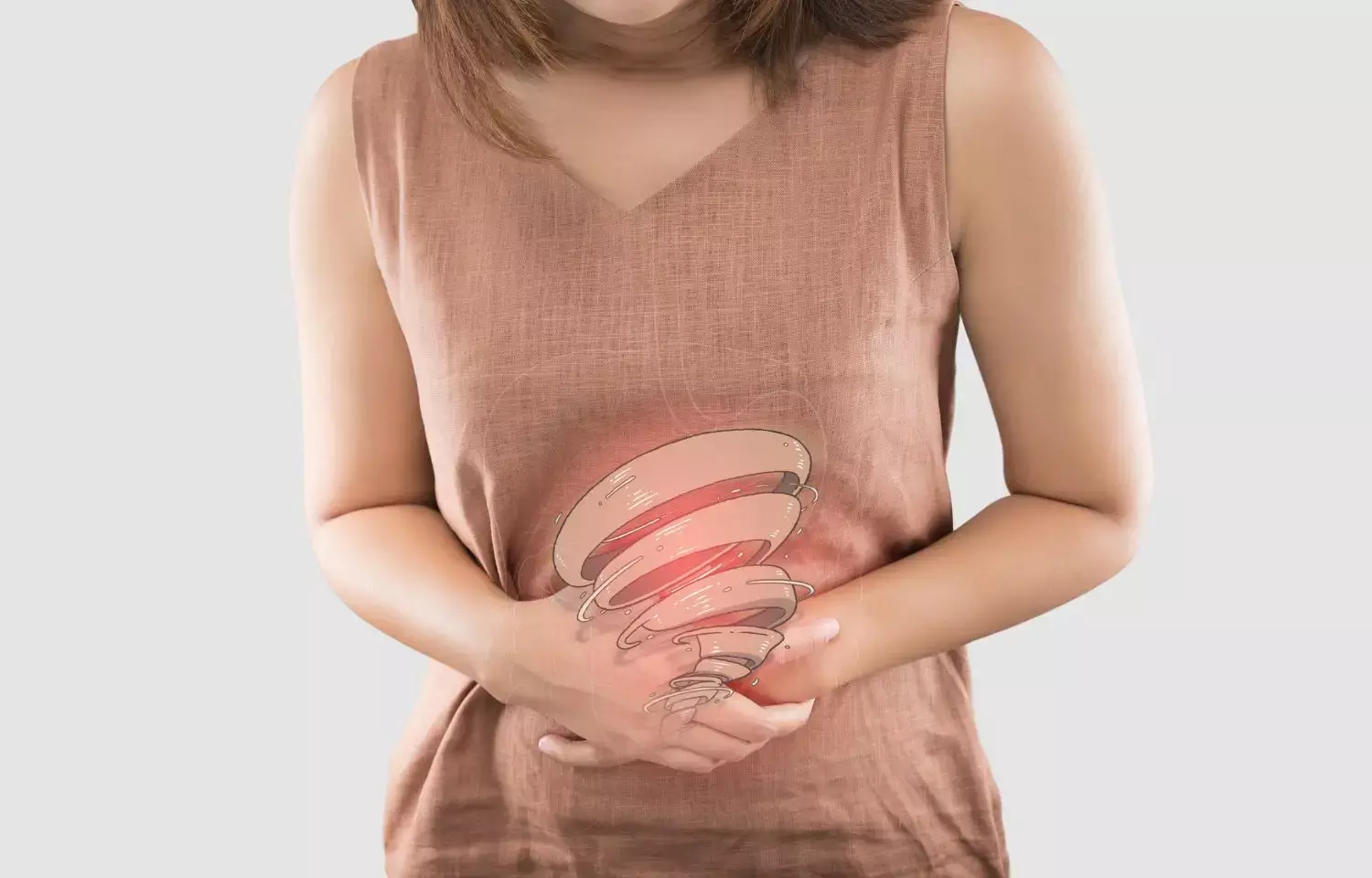- Home
- Medical news & Guidelines
- Anesthesiology
- Cardiology and CTVS
- Critical Care
- Dentistry
- Dermatology
- Diabetes and Endocrinology
- ENT
- Gastroenterology
- Medicine
- Nephrology
- Neurology
- Obstretics-Gynaecology
- Oncology
- Ophthalmology
- Orthopaedics
- Pediatrics-Neonatology
- Psychiatry
- Pulmonology
- Radiology
- Surgery
- Urology
- Laboratory Medicine
- Diet
- Nursing
- Paramedical
- Physiotherapy
- Health news
- Fact Check
- Bone Health Fact Check
- Brain Health Fact Check
- Cancer Related Fact Check
- Child Care Fact Check
- Dental and oral health fact check
- Diabetes and metabolic health fact check
- Diet and Nutrition Fact Check
- Eye and ENT Care Fact Check
- Fitness fact check
- Gut health fact check
- Heart health fact check
- Kidney health fact check
- Medical education fact check
- Men's health fact check
- Respiratory fact check
- Skin and hair care fact check
- Vaccine and Immunization fact check
- Women's health fact check
- AYUSH
- State News
- Andaman and Nicobar Islands
- Andhra Pradesh
- Arunachal Pradesh
- Assam
- Bihar
- Chandigarh
- Chattisgarh
- Dadra and Nagar Haveli
- Daman and Diu
- Delhi
- Goa
- Gujarat
- Haryana
- Himachal Pradesh
- Jammu & Kashmir
- Jharkhand
- Karnataka
- Kerala
- Ladakh
- Lakshadweep
- Madhya Pradesh
- Maharashtra
- Manipur
- Meghalaya
- Mizoram
- Nagaland
- Odisha
- Puducherry
- Punjab
- Rajasthan
- Sikkim
- Tamil Nadu
- Telangana
- Tripura
- Uttar Pradesh
- Uttrakhand
- West Bengal
- Medical Education
- Industry
Which medicines can precipitate IBD when used on long term basis?

A recent prospective cohort study has shed light on the association between medication use and the development of Inflammatory Bowel Disease (IBD), including Crohn's disease (CD) and ulcerative colitis (UC). The findings published in Clinical Gastroenterology and Hepatology reveal significant connections between certain medications and heightened odds of incident IBD, providing valuable insights into potential risk factors for this debilitating condition.
The PURE study was conducted by Neeraj Narula and colleagues. The study included 133,137 individuals aged 20 to 80 from 24 countries. Participants completed country-specific validated questionnaires regarding baseline and follow-up medication use. Individuals were prospectively followed up at least every 3 years. The primary outcome measured was the development of IBD, encompassing both CD and UC.
Medication use was categorised into short-term (baseline but not follow-up use) and long-term (baseline and subsequent follow-up use).
- Antibiotics: Individuals who reported baseline antibiotic use had a significantly increased risk of developing IBD, with an adjusted odds ratio (aOR) of 2.81.
- Hormonal Medications: The use of hormonal medications was also linked to a higher likelihood of IBD development, with an aOR of 4.43.
- Oral Contraceptives (Females): In females, both previous and current use of oral contraceptives was associated with an increased risk of IBD, with an aOR of 2.17.
- Nonsteroidal Anti-Inflammatory Drugs (NSAIDs): Participants using NSAIDs had an elevated odds ratio for IBD, with an aOR of 1.80. Notably, the risk significantly rose for long-term NSAID users, with an aOR of 5.58.
These findings emphasize the importance of understanding the potential consequences of medication use, especially when it comes to antibiotics, hormonal medications, oral contraceptives, and long-term NSAIDs. While these medications are commonly used for various health conditions, this study underscores the need for both patients and healthcare providers to be aware of their potential association with IBD development.
Reference:
Narula, N., Wong, E. C. L., Pray, C., Marshall, J. K., Rangarajan, S., Islam, S., Bahonar, A., Alhabib, K. F., Kontsevaya, A., Ariffin, F., Co, H. U., Al Sharief, W., Szuba, A., Wielgosz, A., Diaz, M. L., Yusuf, R., Kruger, L., Soman, B., Li, Y., … Yusuf, S. Associations of antibiotics, hormonal therapies, oral contraceptives, and long-term NSAIDS with inflammatory bowel disease: Results from the prospective urban rural epidemiology (PURE) study. Clinical Gastroenterology and Hepatology: The Official Clinical Practice Journal of the American Gastroenterological Association,2023;21(10):2649-2659.e16. https://doi.org/10.1016/j.cgh.2022.11.037
Dr Riya Dave has completed dentistry from Gujarat University in 2022. She is a dentist and accomplished medical and scientific writer known for her commitment to bridging the gap between clinical expertise and accessible healthcare information. She has been actively involved in writing blogs related to health and wellness.
Dr Kamal Kant Kohli-MBBS, DTCD- a chest specialist with more than 30 years of practice and a flair for writing clinical articles, Dr Kamal Kant Kohli joined Medical Dialogues as a Chief Editor of Medical News. Besides writing articles, as an editor, he proofreads and verifies all the medical content published on Medical Dialogues including those coming from journals, studies,medical conferences,guidelines etc. Email: drkohli@medicaldialogues.in. Contact no. 011-43720751


